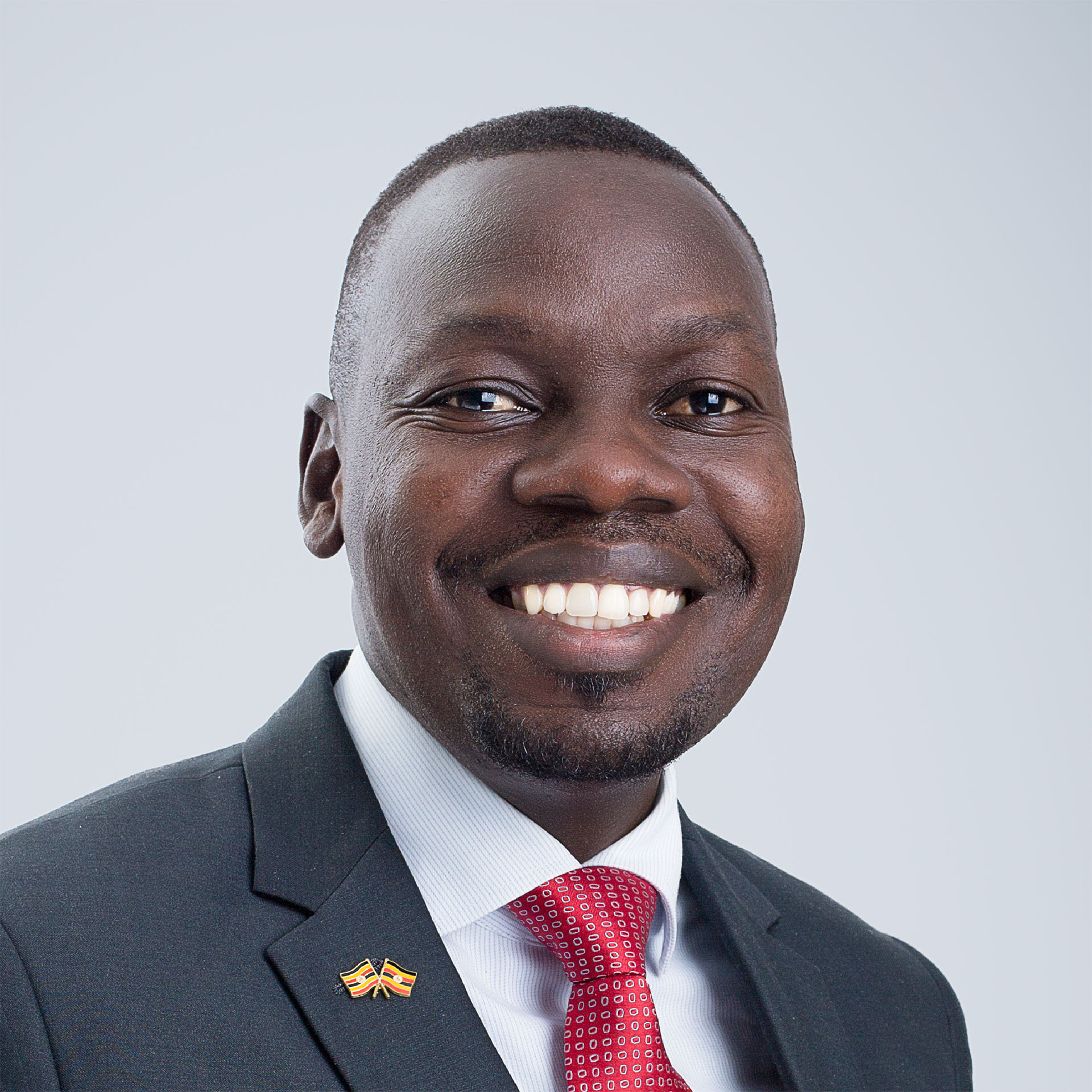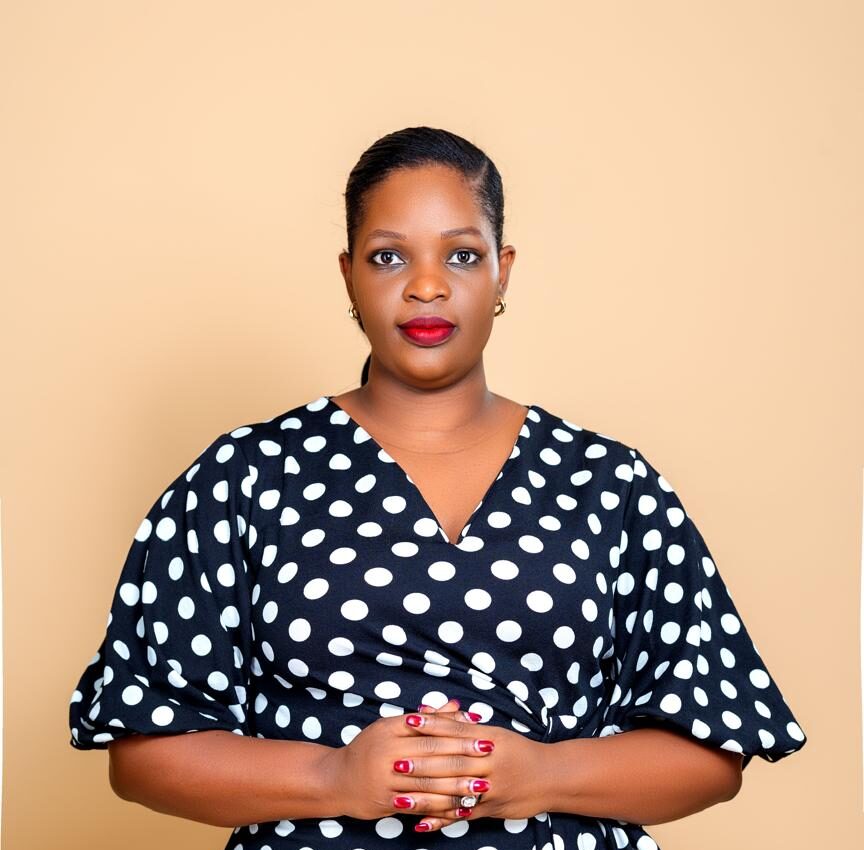“If we say we leave no one behind, it is critical that we focus attention on the position of women and girls,” Mr. Gabriel Iguma – Hub Director, Restless Development Uganda
At Development Eye Initiative (DEI), we believe that feminism creates a world where both men and women have an equal role in contributing to development. In order to reach that effectively and challenge the existing norms and stereotypes, we have invested in enhancing the competence of young women, mentoring them and exposing them to various policy influential spaces as means of making them equal participants in policy processes as their male counterparts.
As we commemorate the International Women’s Day and during this Women’s month of March, 2024, we interact with Mr. Gabriel Iguma the Hub Director at Restless Development about his understanding of feminism and how we can harness the concept to improve gender equality and women empowerment.
1. Tell us about yourself?
I am Gabriel Iguma, I am the husband to the mother’s Union Chairperson of St. Francis Chapel- I know many people that read this will not understand this introduction but this is currently my favourite title as it introduces me in the shadow of my wife! I am a father to girls and have lived in a house where I am the only male for 12 years.
I currently serve as the Hub Director at Restless Development Uganda. With a background in community development, communication, law and a passion for social change, I have dedicated my career to empowering young people, particularly young women, to take charge of their lives and become active participants in development processes.
2. What is your basic understanding of feminism?
Feminism to me is equality for genders. At Restless Development we don’t have a particular definition of Feminism, we only take a feminist approach however if we had to define feminism, it would be “an ideology that advocates for the equality of the sexes.”
3. In what ways do you think the concept has been misunderstood?
Feminism has been summarized to mean women against men, women proving they don’t need men and outrightly fighting men. Feminism has unfortunately taken on so many negative connotations. A women’s stand against the traditional roles of African women; breaking homes and I could go on and on.
4. What pushes you as a man to ensure women are given equal opportunities as men in development processes?
If we say we leave no one behind, it is critical that we focus attention on the position of women and girls. No society is going to develop with a large portion of its population left behind because of their gender.
As a man, I recognize the inherent privilege and power dynamics that exist in our society. It’s crucial for me to use my position and influence to amplify the voices of women and advocate for their inclusion and empowerment. Gender equality is not just a women’s issue; it’s a human rights issue, and we all have a responsibility to address it.
I also need to play my part in ensuring my daughters live in a better, more equal world.
5. What challenges have you found with your approach?
If you are a male feminist, many times you are seen as a sellout or at the very least you are doing it for the money they say.
Because of the historic and systemic exclusion and disadvantages to women, yes it has to look like we are favouring women over men and boys for us to first get as close as possible to equity. It is only reasonable to do that.
Navigating deep seated social and cultural norms continues to be a challenge.
6. How then can we make it possible for men to be accepted as active feminists?
We need to engage in open and constructive dialogue about the importance of gender equality and the role that men can play in advancing it.
The inclusion of male role models and champions can go a long way too.
7. Where do you see the place of young feminist organisations in ensuring feminism works for development of societies?
At Restless Development, we conducted a survey in 2023 that focused on young feminists and it has been very instructive in guiding us to shape our thoughts around supporting young feminists.
Young feminists are working in the frontlines of many issues that the world is grappling with. They are advocating for access to reproductive services, in the forefront of advocating for equality through human rights and climate justice. In their movements and organisations they have built a community for change and are proving resilient despite the challenges. Our recent State of the Youth Civil Society Research, Young Feminist and Fearless: Holding the line demonstrated that despite the challenges young feminists are taking on the struggle of creating a just and sustainable society.
8. How has your organization supported young feminist organisations to cope with the challenges faced on this work?
We host the Youth Collective platform with a community of young feminists who we celebrate, nurture, and provide a connection space. Many young feminists have felt alone making this space very helpful.
We have lobbied for funding practices that are directly provided to feminist movements and activists across the world.
We have a Feminist Action Lab which is an external resource to support feminist movements with various advocacy themes on thematic areas that are important to them. We have invested in youth led feminist research so that young feminists are speaking into some of the solutions to the problems they are facing.
9. Your parting words for this International Women’s Day?
As we commemorate International Women’s Day, it’s crucial to reflect on the women who hold significance in our lives and beyond. We aspire for their equitable treatment, free from any form of disadvantage. This embodies a feminist ideology – one that advocates for fairness and opportunity.
However, our commitment shouldn’t end with those closest to us. It’s imperative to extend this ideology and opportunities to all women, particularly those in vulnerable situations, regardless of their location or circumstances. By collectively embracing this responsibility and taking action, we can pave the way for a more equal world. Let’s unite in our efforts to dismantle barriers and create a reality where every woman has the chance to thrive.
Interviewer: Elone N Ainebyoona, DEI Co-Founder


